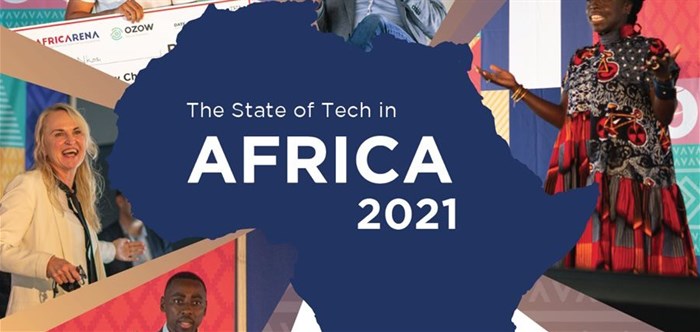
Here are some key takeaways from the report:
Africa underperforms in VC activity in comparison to other global regions. Africa’s top-performing market, Nigeria, is an interesting case as it does not appear in the top five countries on the ranking of startups by country of incorporation - many startups that raise capital in Nigeria are not incorporated in the country. A
As Africa’s top ecosystem, Nigeria ranks considerably low in “Ease of doing business”. Africa’s second-largest ecosystem, Kenya, had a $5.80 per capita in VC investment in 2020 - the highest in the continent. Kenya is also a top destination for expats.
From a global point of view, Africa's tech ecosystem is still minuscule - VCs invested $3.9m per day into African startups in 2020; while in the US, startups received VC investment of $428m per day.
Startups in Africa approach investors in two main ways: the “Nigerian way” - incorporating outside of the country, and the “Kenyan way” - whereby they seek capital within their country of incorporation. Markets in Southern Africa are attracting more investments because of lower valuations.
The Egyptian market has gained investor traction because of its considerable demographic size. There is an increasing need for countries to enact legislation, i.e. “Startup Acts”, to make it easier for businesses to incorporate locally, making it easier to start a business as an entrepreneur, but also to start a local investment fund and invest in seed-stage businesses from the country.
Early-stage investors much prefer doing due diligence in-person but struggled to do so in 2020 because of travel restrictions. Nevertheless, investments in early-stage startups were very bullish in 2020, as shown by the numbers of deals that were on the rise, even though their size was smaller.
There is still a need for investors to improve their due diligence process - perhaps through a standardized process - so as to streamline it and make it more “online-friendly”.
Fundraising for GPs during 2020 was largely supported by more flexible LPs, as institutional investors grappled with the changing macroeconomic environment and the lack of ability to do in-person due diligence on GPs. As travel restrictions are lifted and LPs become more at ease with performing due diligence remotely, capital will start flowing to GPs and then entrepreneurs.
The degree to which Africa’s tech innovation and investment landscape have been impacted by the Covid-19 pandemic is a mixed bag of results. On one side, the number of deals done increased; while at the same time, the total value of the equity deals done decreased, by the estimates of a few reports. This shows that even though ticket sizes diminished, investment appetite in tech innovation in Africa is high.
The main story of 2020 is the sharp increase in the number of deals in the early stage. Seed stage startups secured 7.5% of the total deal value in 2019, and 22% in 2020. In order to continue this trend of bridging the funding gap, a lot more support is needed.
Tech hubs across the continent play an important role in incubating and accelerating innovation - aiming to make early-stage startups investor-ready. However, tech hubs themselves are in need of support, whether from government or private sector, in order to have the financial and operational muscle needed to help startups.